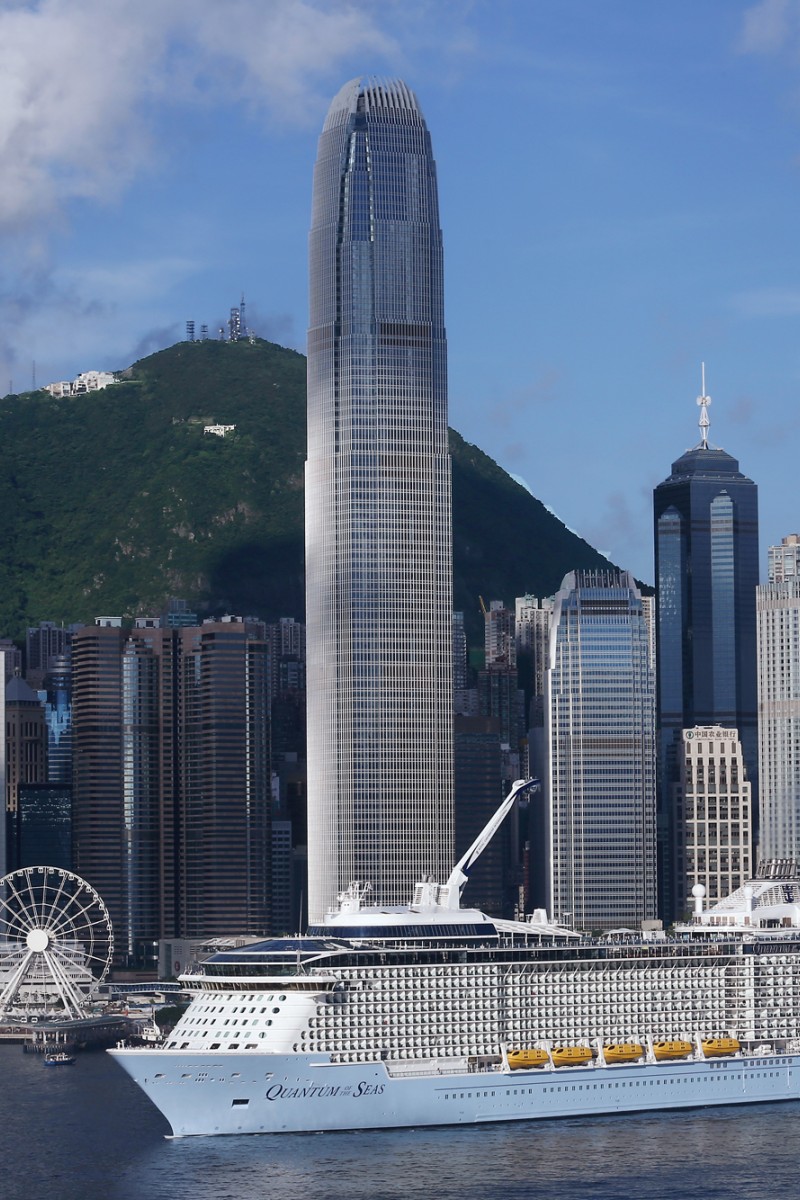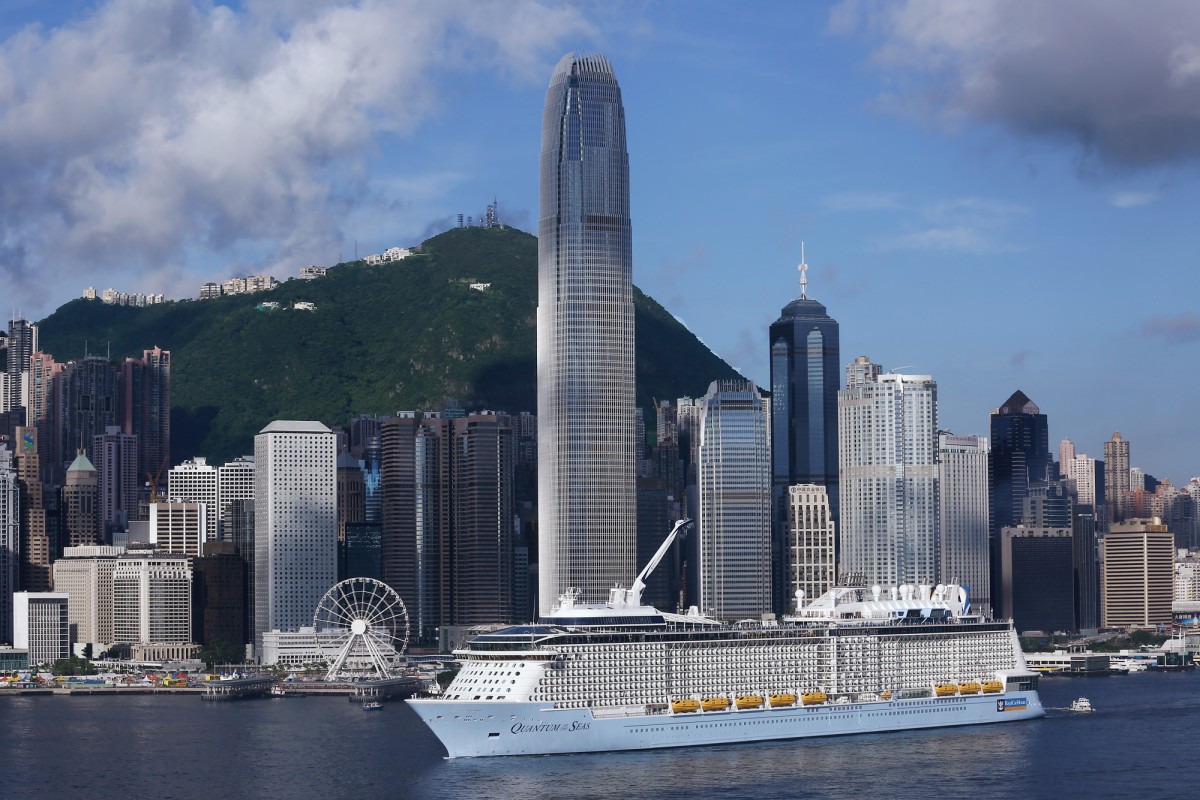
Face Off: Is it important to preserve history in a modern city?
Thriving metropolis or historical gem? If Hong Kong had to choose, which should it be?

Daniel Cheng, 19, Macquarie University, Australia
Modern cities have well-developed economies and infrastructure, and people enjoy a high standard of living. But prosperity isn't everything. However dynamic a city is, the people's identity is defined by the culture and history of the place where they live. Therefore, it is very important to preserve a city's heritage.
History can be both tangible and intangible. Tangible history refers to the old buildings and monuments that are part of the people's collective memory, connecting different generations and ethnic groups. Beijing, for instance, has kept some of its hutongs and siheyuan . Citizens take pride in these ancient structures, which serve as a unique reminder of "Old Beijing".
There is also the intangible history. This includes things like songs and literature. Culture connects people, who eventually create the economic and social development of a city.
Unesco states that "the cultural heritage and the natural heritage are increasingly threatened with destruction not only by the traditional causes of decay, but also by changing social and economic conditions which aggravate the situation even more".
In the development of a modern economy, we often overlook the importance of preserving history at the same time.
But without history and culture, we would have an empty society that only cares about profits rather than compassion and caring for others. This is why it is important to keep history alive in a city.
Joseph Ho, 19, University of Hong Kong
While governments usually consider historical preservation during town planning, people often place too much value on monuments. Sometimes the cost of preservation is so high that we have to just let things go.
For example, in the case of Ho Tung Gardens, the city would have to pay between HK$5 billion and HK$6 billion so the owner would not demolish the old building for reconstruction. And if the owner decides that the land is worth more than that, then the government would have to bring a lawsuit, which would cost a lot of time and money.
The government has a responsibility to preserve the city's history. However, not all history is worth preserving, particularly in Hong Kong, where things are very expensive. Therefore, officials must be very selective in choosing what to preserve.
That's why we have things like the Shanghai Street project, where the government decided to restore only the structural architecture of traditional Chinese buildings, while demolishing their interiors. The reason is safety and observing building laws.
In Hong Kong, lack of land is a big problem. The city's economy is mainly driven by property. We also have to consider facilities: without the MTR, our transport system would not be efficient; without modern hotels, our tourist industry would not flourish.
We may have to sacrifice some of the city's history for the sake of its future development, otherwise, there could come a time when we would have to give up our position as international financial hub.